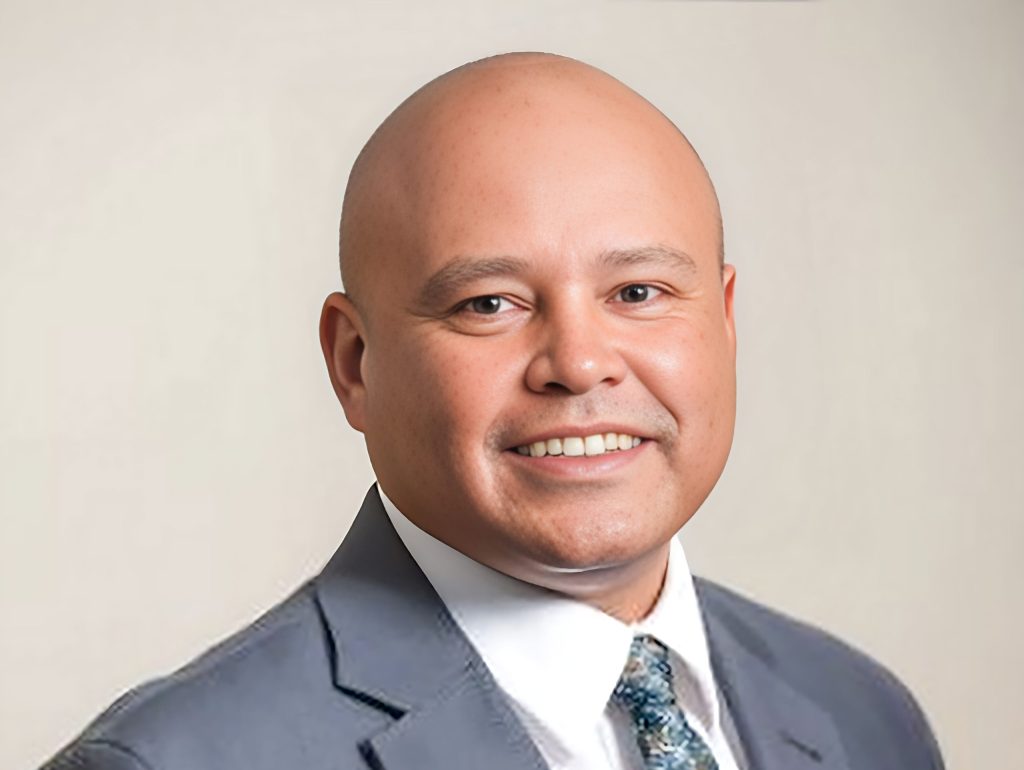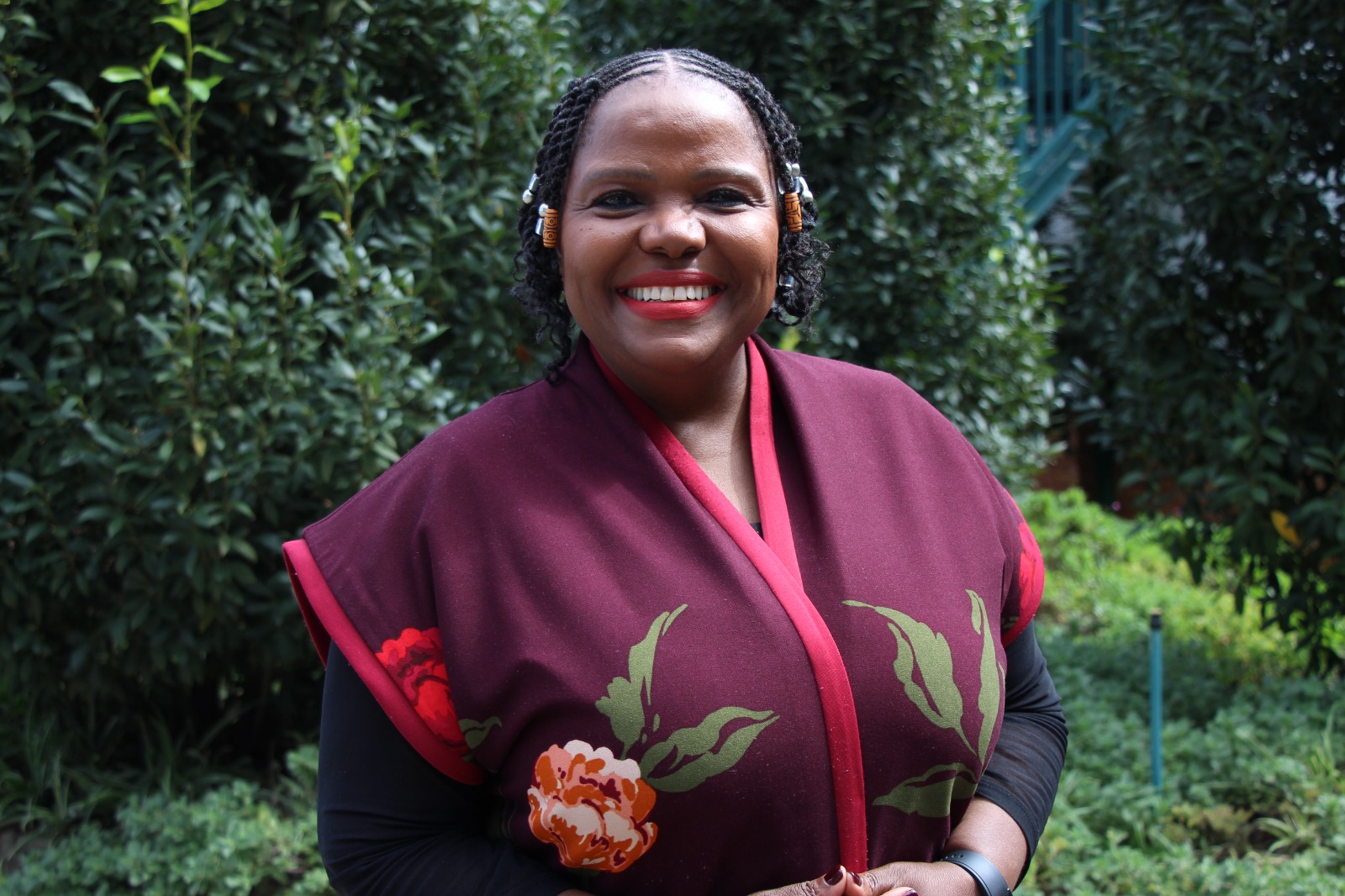Effectiveness of Personal Development Plans was the central theme of a study conducted by John Mackrill at The DaVinci Institute, which examined how Personal Development Plans (PDPs) shape the experiences, skills, and retention of millennial managers at Nestlé South Africa. Millennials, those born between 1982 and 2000, value growth and development in the workplace, but little research has focused on how PDPs align with their expectations.
The research was seeking to determine whether Nestlé’s PDP process supports millennial managers in developing critical skills, strengthens their commitment to the company, and provides insights into global best practices.
Research Problem and Objectives

Millennials perceive themselves as lacking some business skills and expect organisations to support their growth. Nestlé’s PDPs were examined to answer the central research question:
Do existing PDPs at Nestlé improve millennial managers’ operational skills and retention?
The objectives included:
- Identifying key components of PDPs at Nestlé.
- Exploring line managers’ perceptions in implementing PDPs.
- Assessing how Covid-19 affected millennial managers’ goals and expectations.
- Benchmarking Nestlé’s PDPs against global best practices
Methodology
The research adopted a phenomenological approach, focusing on lived experiences. Semi-structured interviews were conducted with 12 millennial managers, supported by thematic analysis. Data was categorised into patterns, producing six themes that shaped the findings
Key Findings
Six core themes emerged:
- Ownership of Development – Millennials took responsibility for their growth, valuing PDPs as guides for career progression.
- System Awareness – Nestlé’s PDPs were seen as well-structured but required consistent engagement from line managers.
- Authenticity of Development – Effective PDPs went beyond “tick-box exercises,” offering meaningful growth opportunities.
- Capability Improvement – PDPs helped managers gain critical thinking, emotional intelligence, and technical expertise
- Retention – Effective PDPs, coupled with managerial support, increased intent to stay; however, ineffectiveness reduced this impact
- Covid-19 Influence – The pandemic reshaped career expectations, with managers focusing on adaptability and resilience.
Contributions and Theoretical Integration
The study added to knowledge on millennial development by emphasising the need for oversight in PDP implementation. It integrates with the DaVinci TIPS™ Framework (Technology, Innovation, People, and Systems thinking), highlighting the human interface of leadership development as central to organisational sustainability.
Recommendations: Effectiveness of Personal Development Plans
The study proposed several practical steps for Nestlé:
- Introduce systematic oversight to track PDP effectiveness, including 6-monthly reports from line managers and annual audits.
- Ensure PDPs record both short- and long-term career objectives for alignment with organisational needs.
- Encourage joint responsibility between managers and employees in co-creating development actions.
- Strengthen line managers’ skills in engaging millennials meaningfully.
- Recognise PDPs as part of a broader organisational system (recruitment, reward, retention, and exit strategies)
Return on Investment (ROI)
Effective PDPs benefit both Nestlé and millennial managers:
- For the company: reduced recruitment costs, stronger retention, and improved capabilities.
- For employees: career growth, promotional opportunities, and increased disposable income.
Conclusion
Nestlé’s PDP system is relatively mature and contributes to skill-building and retention, but its effectiveness depends on committed engagement from both line managers and employees. Millennials value authentic development opportunities that prepare them for both current and future roles. By strengthening oversight and aligning PDPs with long-term career goals, Nestlé can better harness the potential of its millennial workforce while ensuring organisational sustainability.




Leave a Reply